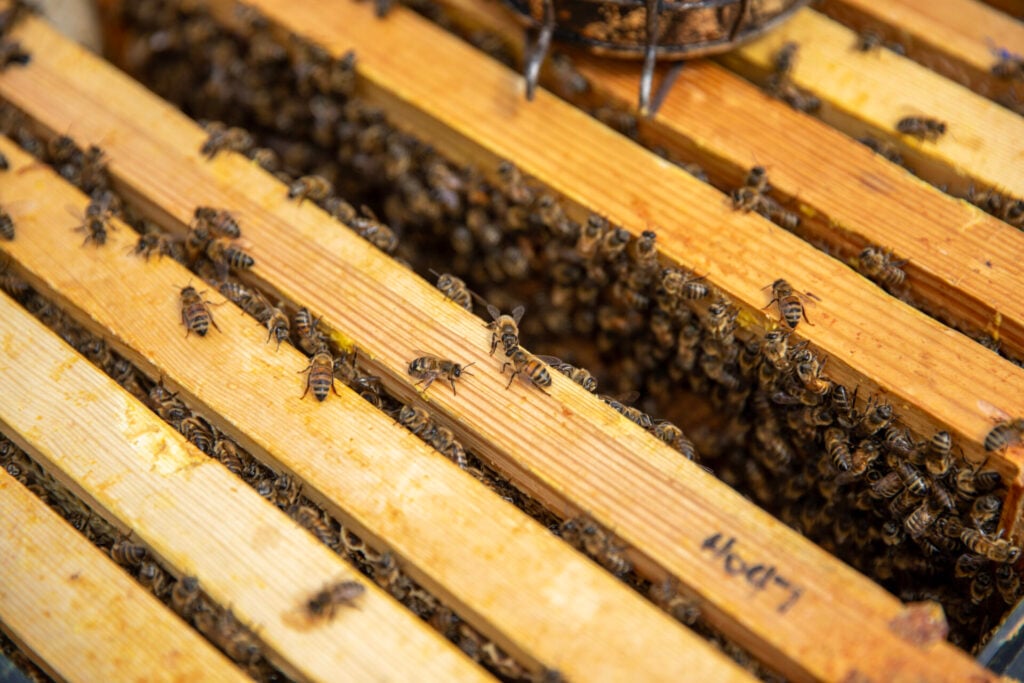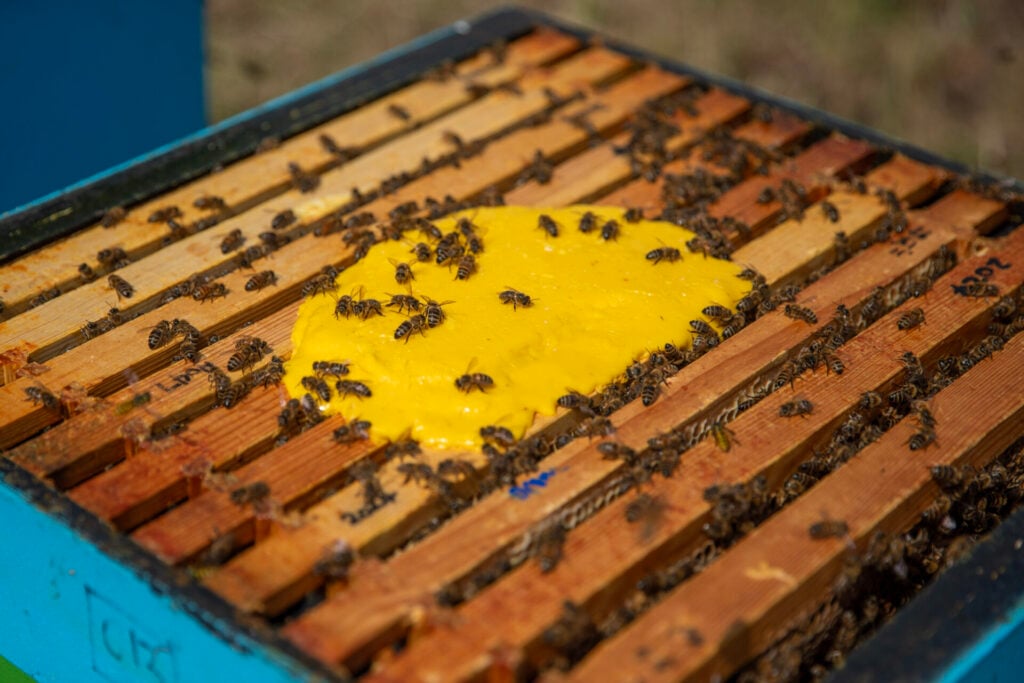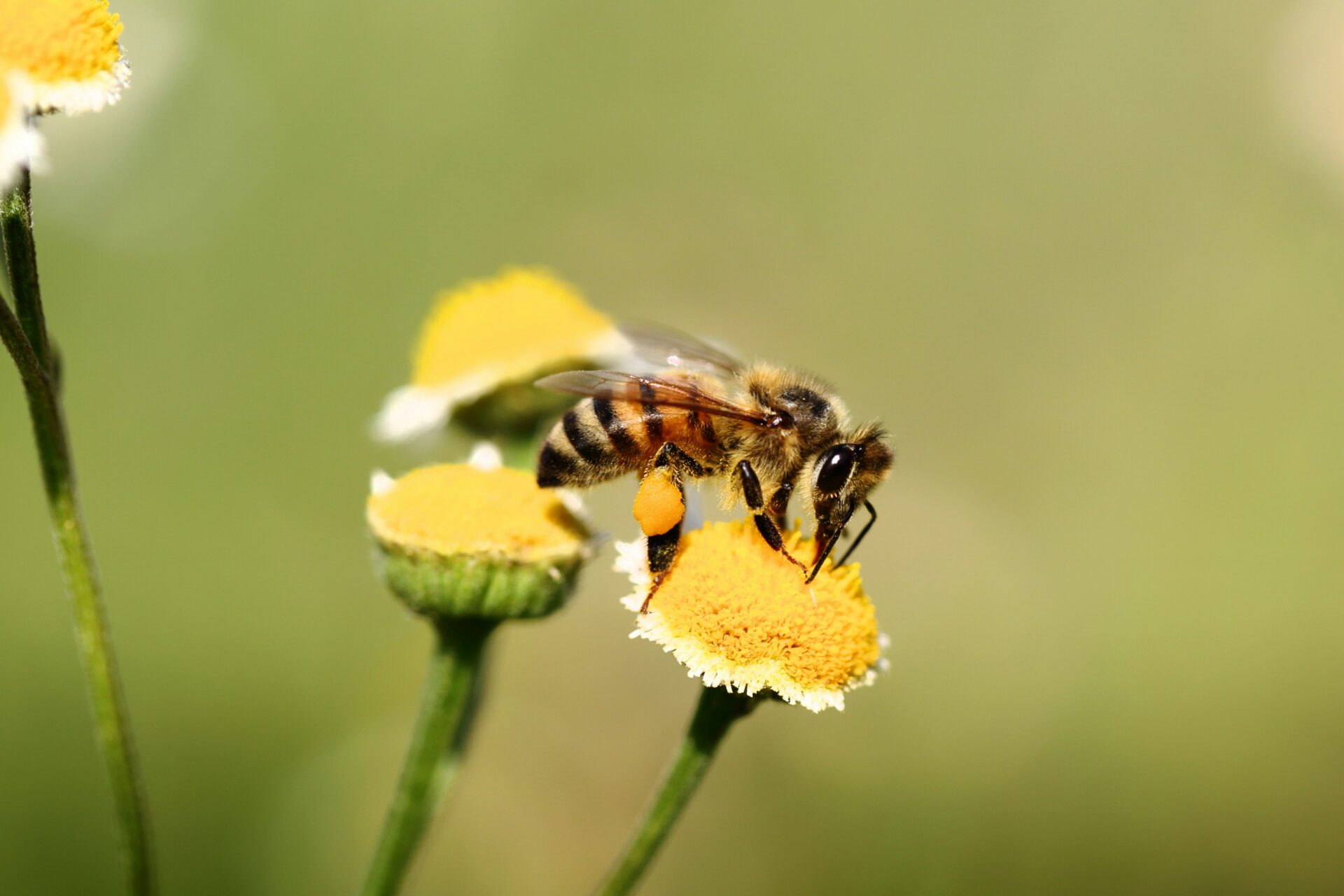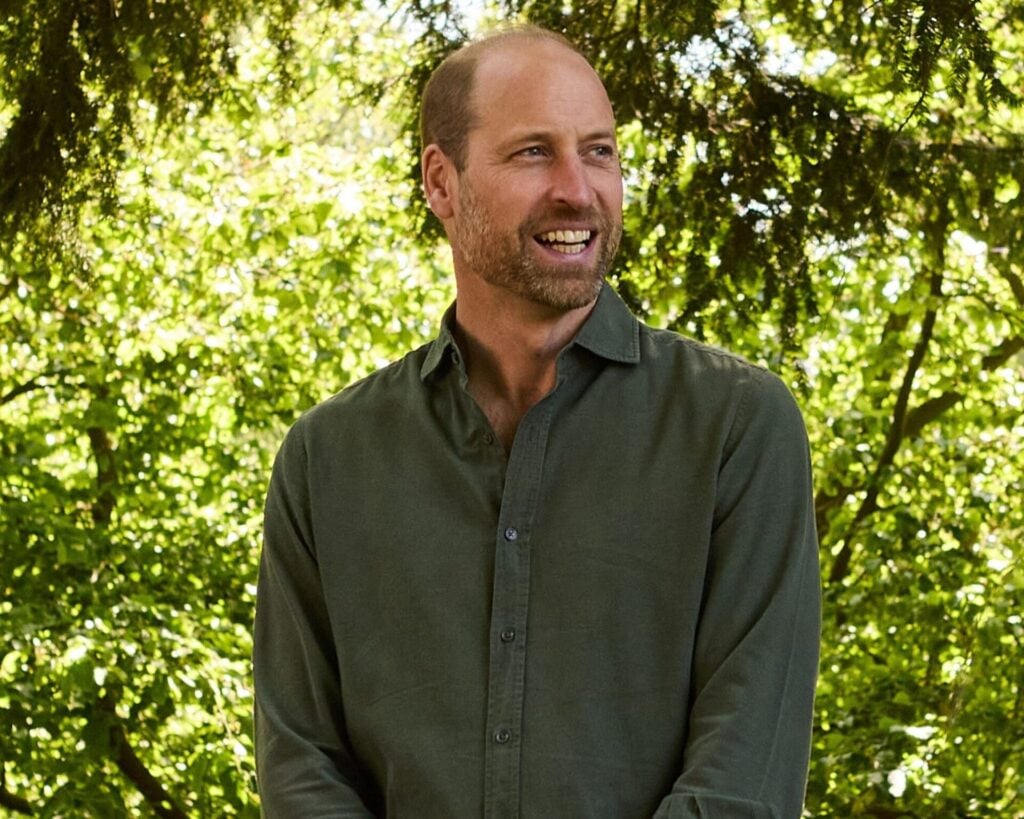An artificial ‘superfood’ that provides essential nutrients for bees could help tackle the global decline in colonies, vital for global food production.
Bees need to eat pollen from a range of flowers to get the nutrients they need, including essential lipids called sterols. But due to climate change and industrial agriculture, their environments often lack the floral diversity they need to survive.
‘We need more bees to do pollination for crops, and there is less food for them,’ said Geraldine Wright at the UK’s University of Oxford, which pioneered the research.

To address this, keepers are increasingly feeding artificial pollen substitutes. But commercial supplies– usually made of protein flour, sugars and oils – lack the right sterol compounds, making them nutritionally incomplete.
Bee Superfood Breakthrough
Wright and her colleagues engineered the yeast Yarrowia lipolytica to produce a precise mix of six key sterols that the pollinators need. The yeast was incorporated into diets fed to colonies during three-month feeding trials in enclosed glasshouses.
By the end of the study, colonies fed with sterol-enriched yeast had reared up to 15 times more larvae compared with colonies that received a typical commercial feed.
By the end of the study, colonies fed with sterol-enriched yeast had reared up to 15 times more larvae compared with colonies that received a typical commercial feed.
‘Our technology allows keepers to feed bees in the absence of pollen,’ said Wright. ‘When incorporated into a pollen substitute that’s optimised for all other nutrients, the bees will be healthier and produce stronger, longer-lasting colonies.’
Pollinators like honeybees contribute to the production of over 70 per cent of leading global crops.
Severe declines – caused by a combination of nutrient deficiencies, climate change, mite infestations, viral diseases, and pesticide exposure – pose a significant threat to food security and biodiversity.

Over the past decade, annual commercial honey bee colony losses in the U.S have typically ranged between 40 and 50 per cent, and could reach 60 to 70 per cent this year.
This new engineered supplement offers a practical means to enhance colony resilience without further depleting natural floral resources, say scientists. Since the yeast biomass also contains beneficial proteins and lipids, it could potentially be expanded into a comprehensive feed.
Dr Elynor Moore explained: ‘For bees, the difference between the sterol-enriched diet and conventional feeds would be comparable to the difference for humans between eating balanced, nutritionally complete meals and eating meals missing essential nutrients like essential fatty acids.
‘Using precision fermentation, we are now able to provide bees with a tailor-made feed that is nutritionally complete at the molecular level.’









